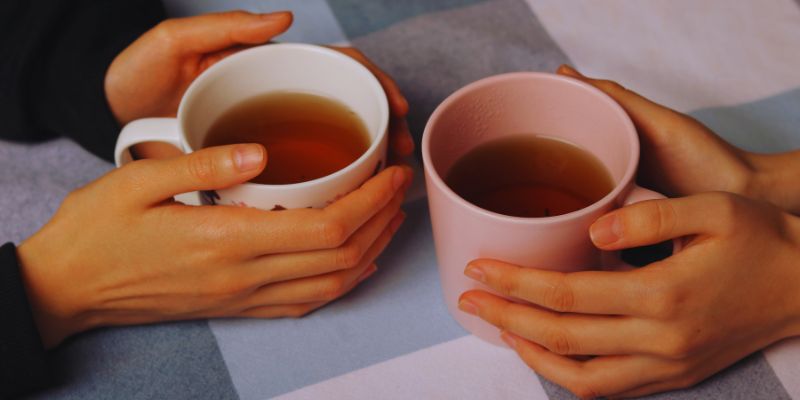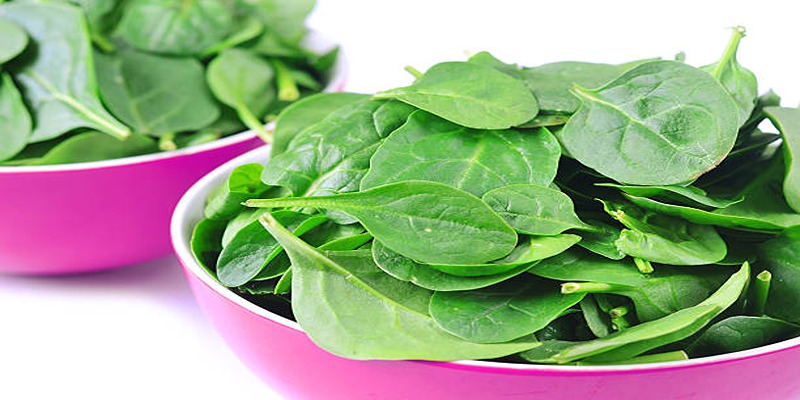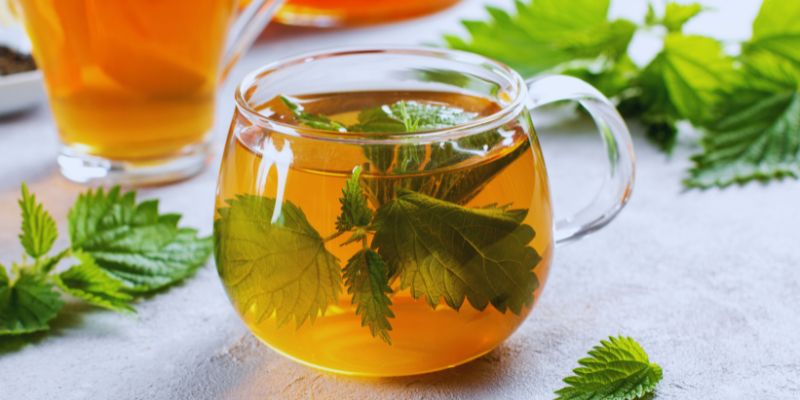Although your health depends greatly on your water intake, many question whether beverages like tea contribute to hydration. Most individuals believe that you can only stay adequately hydrated with simple water. Still, tea is largely composed of water, which helps you consume more water daily. Conversely, some people worry that the caffeine in tea can make you urinate more, therefore causing dehydration.
It raises the question of whether drinking tea helps you stay hydrated. This article will discuss the facts regarding tea and water. We will discuss how tea alters your body's water balance, the effects of caffeine, and how various kinds of tea differ from plain water.

What Is Hydration and Why Is It Important?
Hydration is having enough water in your body to maintain its functioning. Many important processes depend on water. It aids in food digestion, body temperature control, and joint lubrication to provide seamless movement. You can get dry skin and feel lightheaded or weary without adequate water. Your body cannot function as it ought to when it is dehydrated. Hydration promotes optimal functioning of your organs, muscles, and brain.
While this varies depending on activity level, environment, and health, most require between two and three liters of water daily. Along with beverages, your food—fruits and vegetables—gets you water. Although simple water is the greatest approach to staying hydrated, other beverages, such as tea, can significantly increase fluid consumption. Knowing how tea affects hydration is crucial, particularly given some people worry about caffeine.
Does Tea Count as a Hydrating Drink?
Since tea largely consists of water, consuming it helps with hydration and increases fluid in your body. People used to think that caffeine in tea made one more urinate, causing dehydration. Newer studies, however, reveal a little dehydrating effect of caffeine in tea. For most people, tea is less likely to cause dehydration than coffee and energy drinks as it contains less caffeine per cup.
Drinking moderate amounts of tea—three to five cups daily —can help you meet your fluid needs without losing too much water. Tea can also be a good approach to boosting your general fluid consumption. Whether your taste is black, green, or herbal, it still helps you stay hydrated daily and is a good choice to mix with simple water.
Caffeine and Its Effects on Hydration
Many beverages, including tea, coffee, and some sodas, contain naturally occurring caffeine. It is known as a diuretic effect: it somewhat raises urine output. Caffeine could thus make you urinate more than usual. Still, the diuretic impact is most evident at high caffeine levels, as in strong coffee or energy beverages.
Given that a standard cup of tea has less caffeine than coffee, its effect on hydration is less. Studies show that regular drinkers of caffeinated beverages also develop a tolerance. Their bodies change, and caffeine's effect on urine becomes less apparent. Regular tea drinkers typically lose less water through urine than they gain from the tea. Most healthy persons would not likely become dehydrated from drinking up to four or five cups of tea daily.

Types of Tea and Hydration
Variations in caffeine content across different kinds of tea influence hydration. Black tea usually has the highest caffeine concentration, followed by green and white teas with moderate levels. Conversely, herbal teas often have almost little caffeine at all. Herbal teas are a great alternative for those wishing to avoid the modest diuretic action of caffeine. These teas are safe for all ages and conditions since they offer liquids devoid of caffeine.
Among the often-used herbal teas are rooibos, peppermint, and chamomile. Enjoyed hot or cold, they provide extra hydration choices throughout the day. Selecting a combination of herbal and caffeinated teas will enable you to enjoy many tastes and remain hydrated. This diversity helps one to drink enough fluids daily more easily.
Tea vs. Water: Which Is Better for Hydration?
Since water has no calories, caffeine, or additions, it is ideal for keeping hydrated. Without any negative effects, it directly helps the body restore its liquids. For individuals who wish more taste in their beverages, tea can be an excellent substitute as it is mainly water. Unlike many other flavored beverages, tea adds variety to your hydration routine without adding calories or sugar.
Some find drinking adequate water simpler when they enjoy tea all day. Still, tea cannot replace water. To ensure your body gets adequate water, consume both water and tea. Drinking tea and water gives taste and health advantages in addition to hydration. By juggling the two beverages, one can sensibly satisfy daily hydration requirements.
Health Benefits of Drinking Tea
Apart from ensuring hydration, tea has several other health advantages. Antioxidants abound in tea and shield your body from free radical damage to cells. Green tea is particularly well known for its great antioxidant value. Studies show that consistent tea drinking improves brain function and heart health and lowers some cancer risks.
Drinking tea without milk or sugar keeps it low in calories and is better for you. Furthermore, herbal teas have special advantages. For instance, while peppermint tea can help digestion, chamomile tea might encourage calm and improved sleeping. Besides helping you stay hydrated, including tea in your daily drinks supports overall wellness. One delicious and healthy way to take care of your body is to include tea in your fluid intake.
Conclusion:
Since tea is mainly water, drinking it will help you keep hydrated. Although the caffeine in tea has a mild diuretic effect, for most people, it is not strong enough to cause dehydration when consumed in moderation. Herbal teas are one of the several varieties of tea that provide choices for people wishing to cut back on caffeine. While water is still the greatest beverage for hydration, tea is a good and nutritious approach to adding liquids to your daily intake. Including water and tea in your daily regimen is a wise approach to properly hydrating and getting further health advantages.












